Why trapping a skunk is a BAD idea
Understanding the Risks and Finding Humane Solutions
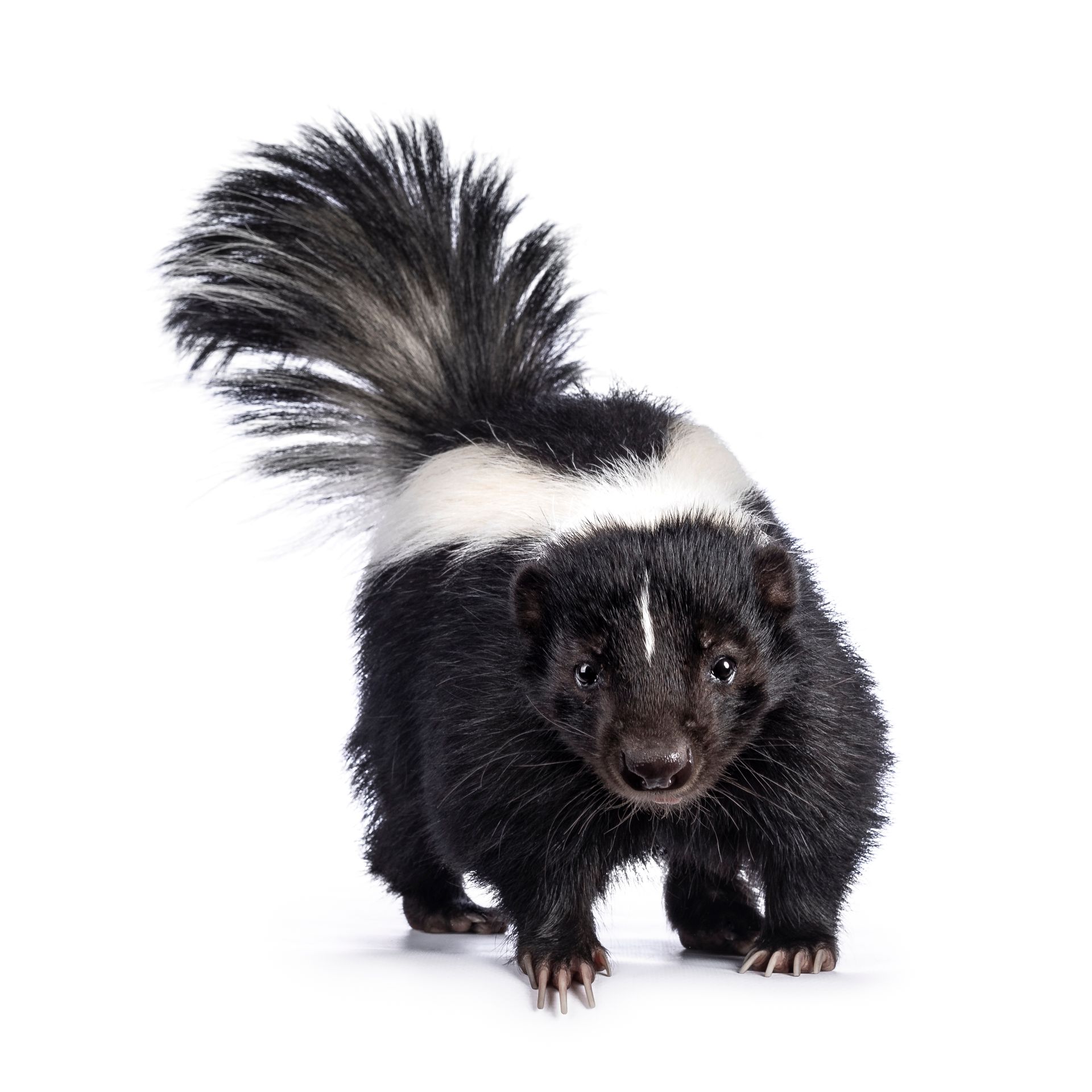
If you’ve ever thought about trapping a skunk, whether due to its unwelcome presence in your yard or concerns about potential damage, it’s crucial to understand why this might not be the best course of action. While skunks can be nuisances, and you want them gone fast, trapping them can lead to a host of problems that are often underestimated. Here’s why it’s a bad (terrible, really) idea to trap a skunk.
That Famous Stinky Spray
Skunks are best known for their ability to spray a potent, foul-smelling liquid as a defense mechanism. When a skunk feels threatened, it can spray with remarkable accuracy up to 10 feet!! It's going to be hard to get out of the way of that if the skunk decides to aim it at you! If you attempt to trap a skunk, you’re likely to trigger this response, both when it is initially caught AND when the time comes to release it, resulting in a lingering, unpleasant odor that can be incredibly difficult to remove from your clothes, skin, and surroundings.
Legal and Ethical Concerns
In most states, trapping and relocating most native wildlife is regulated by law. Skunks, like many other wild animals, are protected by wildlife regulations that prohibit or restrict trapping. In the state of Ohio it is illegal to translocate a skunk. Furthermore, relocating a trapped skunk can be inhumane. Skunks are territorial animals, and releasing them into an unfamiliar environment can lead to starvation, inability to find shelter, or conflicts with resident wildlife. In Ohio, if a skunk is trapped as a nuisance animal, it must be either released on-site or it must be euthanized.
Disease Transmission
Skunks are known carriers of diseases such as rabies. Handling a trapped skunk, even indirectly, increases the risk of exposure to rabies and other zoonotic diseases. This poses a significant health risk not just to you, but also to pets and other animals in the area. It is always best to leave the handling of wild animals (in ANY situation) to the professionals!
Potential for Injury
Skunks are wild animals and, when trapped, can become extremely agitated and defensive. They may scratch, bite, or try to escape by any means necessary. This can lead to injuries for both the skunk and the person attempting to trap it. Moreover, transporting a distressed skunk is dangerous and complicated. Putting a trapped skunk in the back of your car or truck is guaranteed to leave you with a smelly vehicle for MONTHS--definitely NOT recommended!!
Better Alternatives Exist
Prevention is key: secure garbage cans, cover window wells, remove pet food from outside, and look for potential denning sites. Instead of trapping, call us FIRST! If a skunk is living under a deck, shed, porch or other structure on your property, we can offer a permanent and less smelly solution! At TLC Wildlife Management, we have the experience and equipment necessary to handle skunks without causing harm or distress to the animal, and therefore, creating less mess and odor for you! Our methods are faster, more accurate, and less expensive than traditional trapping companies. We allow the skunk to evict itself and move on to secondary, already known denning sites, then close the area permanently to prevent future visitors (of any species!) Trapping can lead to a host of problems, such as trapping every animal EXCEPT the target animal, being responsible for checking those traps every 24 hours (Yes the trapping companies ask YOU to monitor the traps, not them), and knowing that you are sending an innocent animal to its death. Again, the animal is not the problem. Access to food, water, or shelter is all they are looking for. Take away those opportunities and the problem solves itself!
Environmental Impact
Skunks play a crucial role in the ecosystem. Skunks are omnivores that eat many insects, rodents, and other pests that are considered undesirable by humans, such as mice, voles, beetles, wasps, crickets, larvae, worms, fruit, eggs, and reptiles. They also scavenge on animal carcasses, which helps keep ecosystems free of carrion. Removing them can upset the local ecological balance, leading to an increase in pests that skunks would otherwise help control. While trapping and relocating skunks may seem like a quick and easy solution, you might inadvertently cause more harm than good to your local environment. (And remember it's still illegal!)
While the idea of trapping a skunk might seem like a quick fix to a nuisance problem, it’s fraught with risks and complications. The potential for being sprayed, legal issues, disease transmission, injury, and environmental impact are significant concerns. Instead of trapping, consider our 100% non-lethal, eco-friendly and PERMANENT solutions. We can turn a stinky situation into a sweet-smelling success!
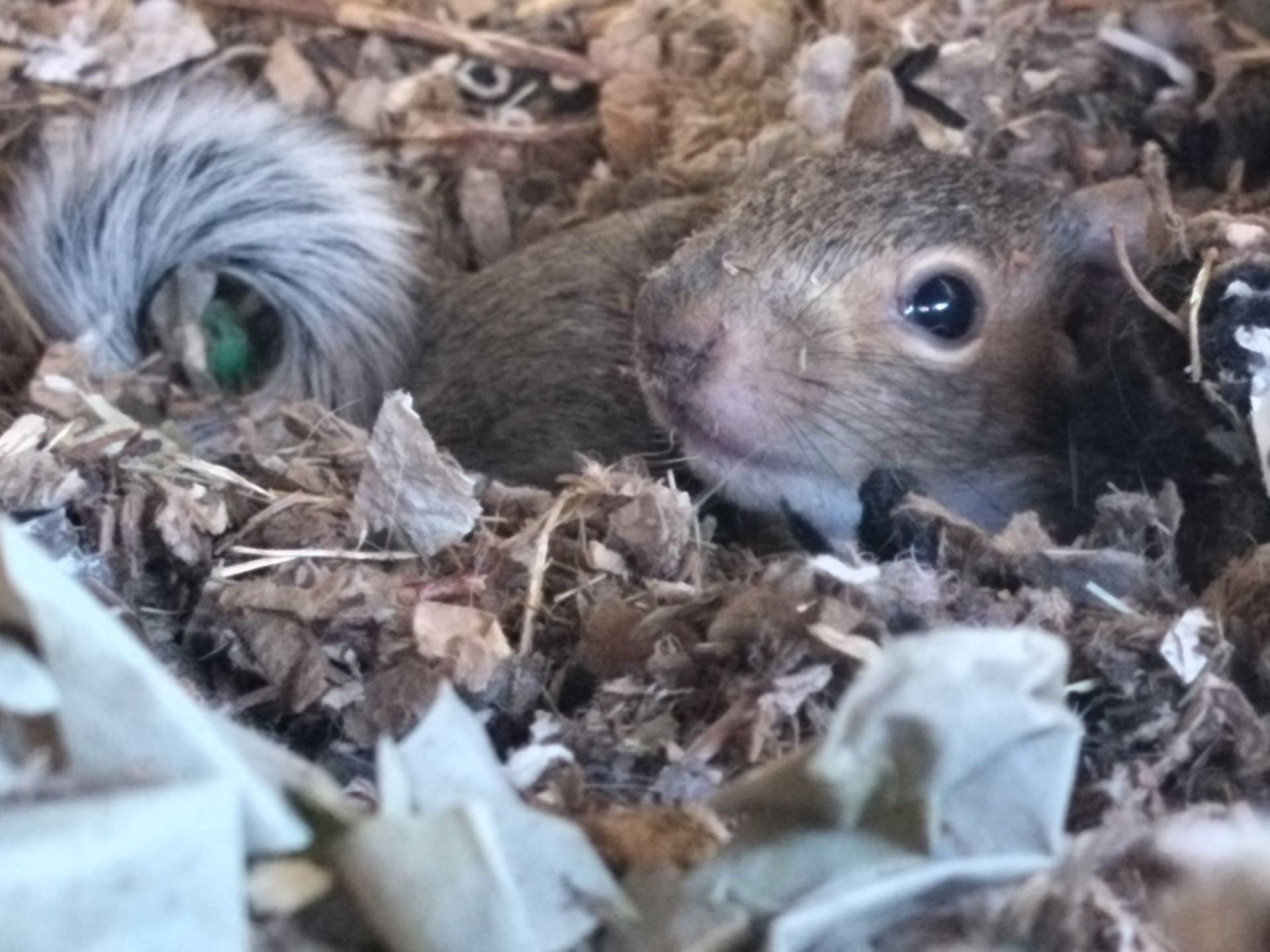
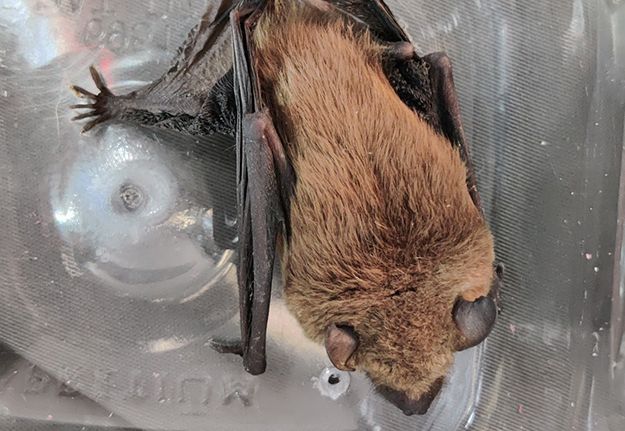
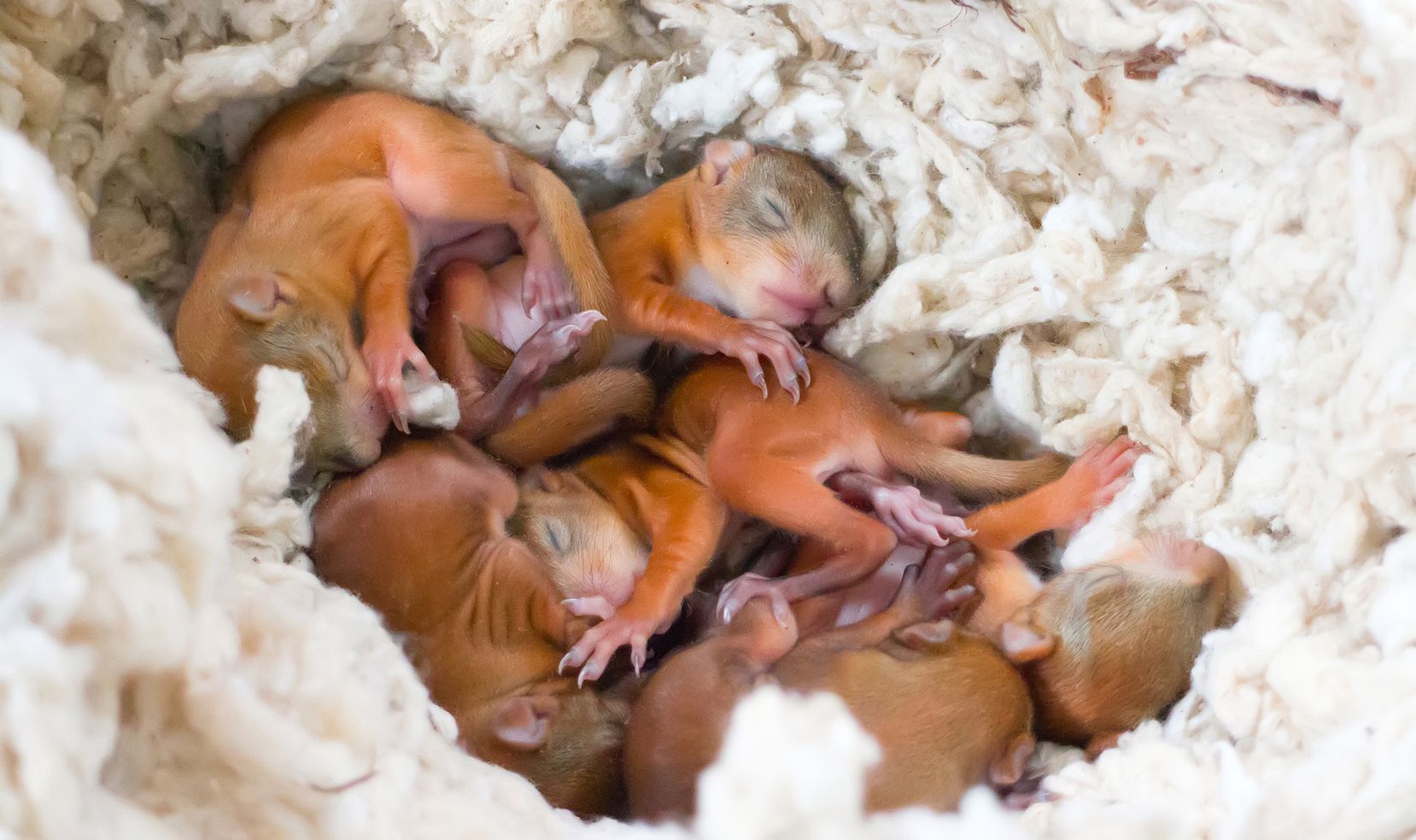





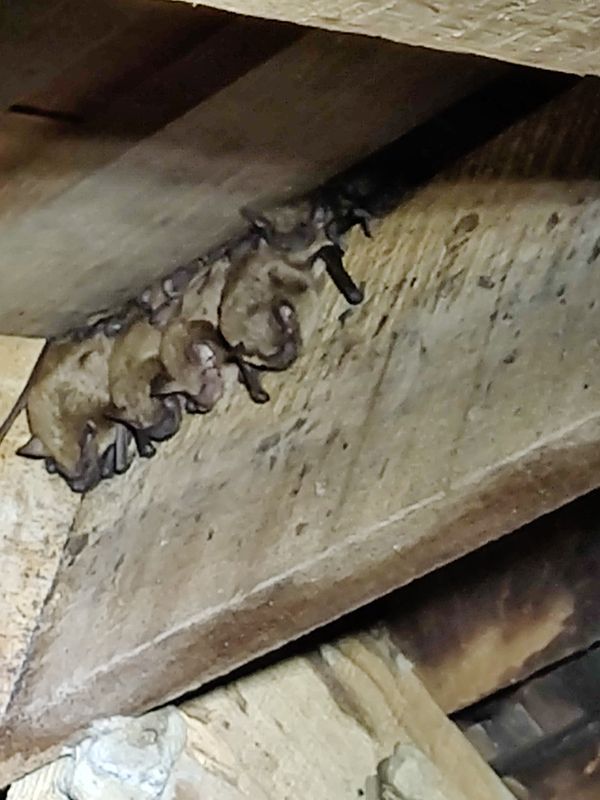
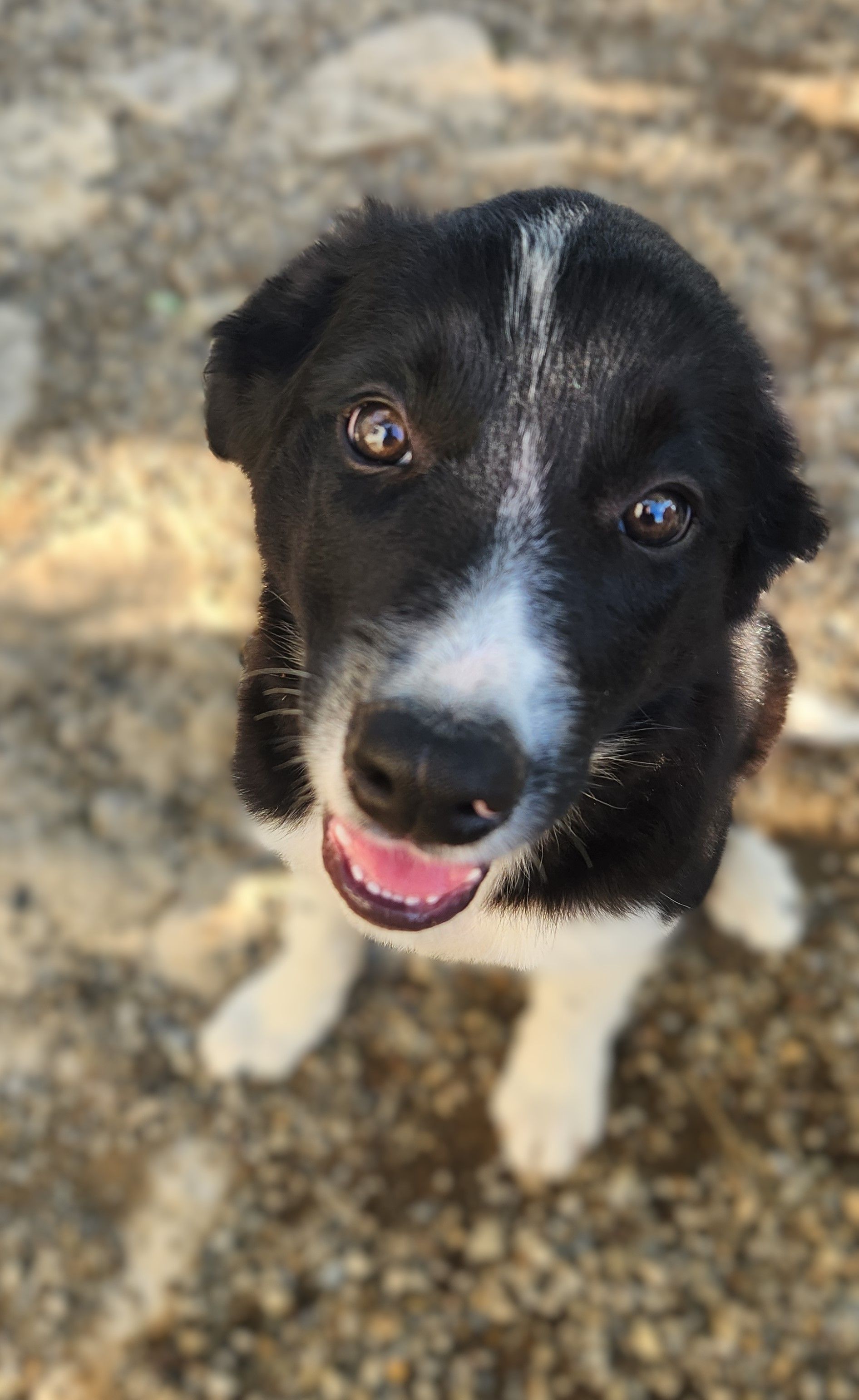
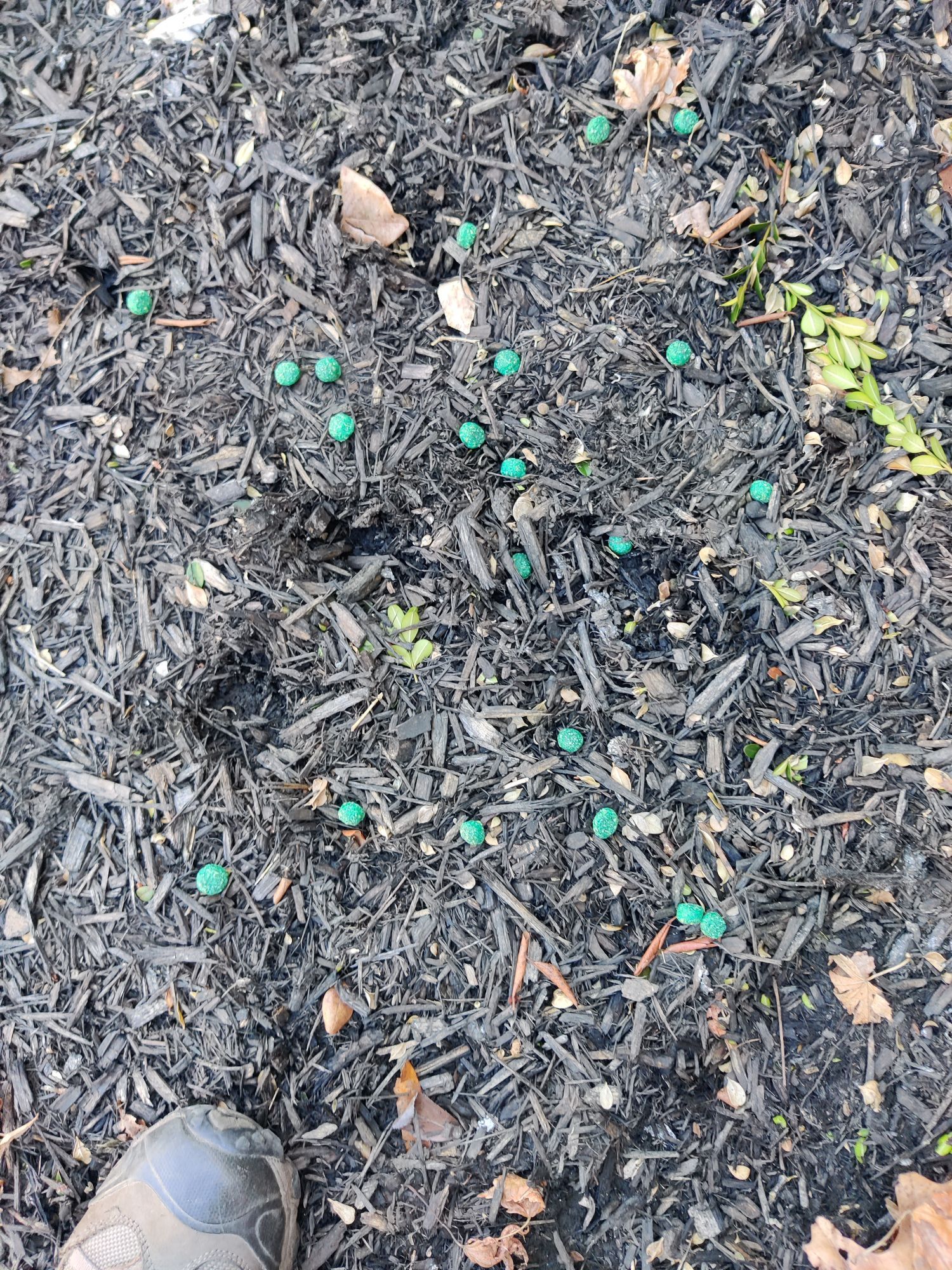
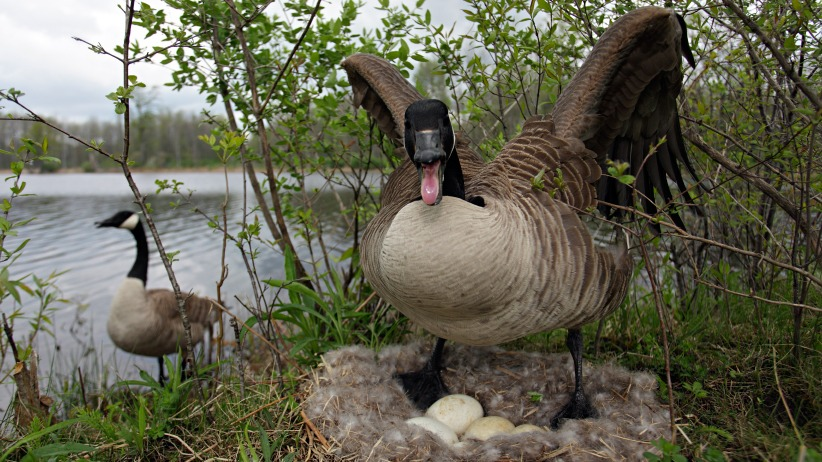

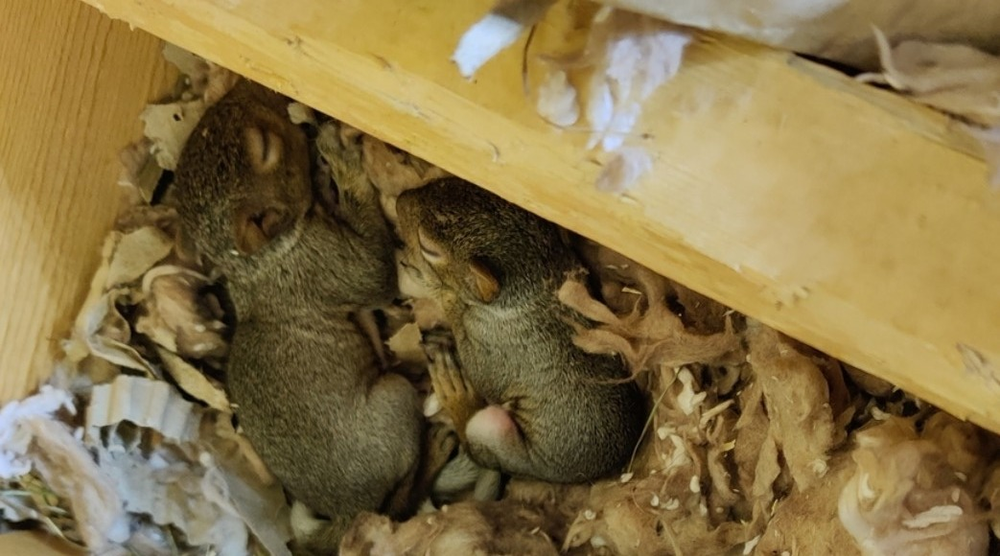
Share On: